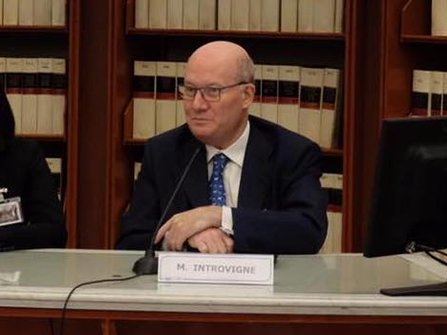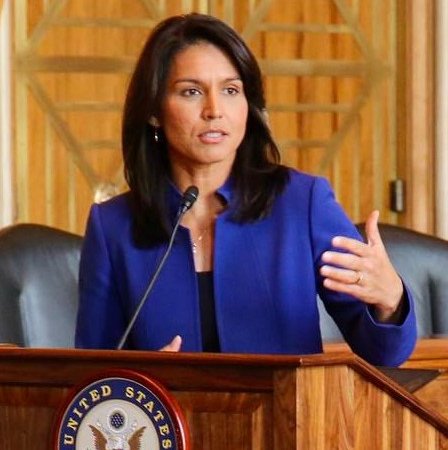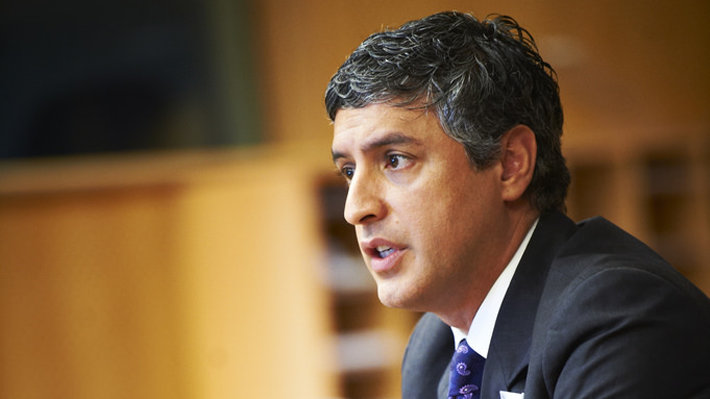
-
HOME
-
WHAT IS STANDOur Mission Our Values Our Help Contact
-
WHAT WE FIGHT FORReligious Freedom Religious Literacy Equality & Human Rights Inclusion & Respect Free Speech Responsible Journalism Corporate Accountability
-
RESOURCESExpert Studies Landmark Decisions White Papers FAQs David Miscavige Religious Freedom Resource Center Freedom of Religion & Human Rights Topic Index Priest-Penitent Privilege Islamophobia
-
HATE MONITORBiased Media Propagandists Hatemongers False Experts Hate Monitor Blog
-
NEWSROOMNews Media Watch Videos Blog
-
TAKE ACTIONCombat Hate & Discrimination Champion Freedom of Religion Demand Accountability
Religious expert reviews Aslan’s Scientology segment
An internationally recognized religious expert viewed Reza Aslan’s Believer show on Scientology and posted his assessment on his official website. We present it here in full.

Massimo Introvigne of Turin, Italy, is a renowned sociologist and Director of CESNUR (Center for the Study of New Religious Movements). His books and articles have been published by such well-known academic publishers as University of California Press, and Brill, and he is in the executive committees of international journals for both publishers.
Dr. Introvigne has spent years studying numerous aspects of the Scientology religion, not for relay to a television audience, but for understanding and determining its impact on today’s world.
Scientology is a flourishing new religion founded just over 60 years ago. It has grown to more than 11,000 Churches, Missions and affiliated groups in 167 countries.
Reza Aslan on Scientology: Much Ado
About Not Very Much?
by Massimo Introvigne
On Sunday, March 26, 2017, the controversial CNN show on religion, Believers by Reza Aslan, aired its episode on Scientology. As a longtime scholar of Scientology I was curious about the episode. I was happy that it avoided the usual anti-cult rhetoric but disappointed about how the episode was structured.
The introduction by Aslan criticized the anti-cultists and stated clearly that criticism by Lawrence Wright and others against Scientology could easily have been applied to any religion, including Christianity. Aslan’s comment that if Wright had lived in the time of Jesus Christ, he would have ridiculed his miracles too, was fair enough.
My main objection to Reza Aslan’s CNN episode is that it gives exaggerated importance to tiny groups, repeatedly comparing their role in the history of Scientology to the Protestant Reformers in the history of Christianity. This comparison is grossly exaggerated, as the Reformers took with them half of Europe’s Christians while these schisms only gathered a handful of followers.
Follows an interview with our colleague Donald Westbrook, which is the best part of the episode and very much to the point. He emphasizes that Scientology is a religion and explains in clear terms why. Then Aslan claims that Scientology refused to participate in the episode—so he had to build it with schismatics and free-zoners. The rest of the program is a journey through several small schisms that separated from Scientology in the U.S. and Israel.
Of course, the schismatics present their point of view, which includes both a strong defense of L. Ron Hubbard and his “technology” and a strong criticism of the Church.
Aslan’s conclusion is that the very existence of schisms proves that Scientology is a religion not so much different from the others, as all large religions have schisms.
The episode has some acceptable parts, but largely misses the point and may even be misleading, as it exaggerates the importance of the schisms he shows, which are in fact really minuscule.
My main objection to Reza Aslan’s CNN episode is that it gives exaggerated importance to tiny groups, repeatedly comparing their role in the history of Scientology to the Protestant Reformers in the history of Christianity. This comparison is grossly exaggerated, as the Reformers took with them half of Europe's Christians, while these schisms only gathered a handful of followers. Aslan should have explained that these groups only have a few dozen followers each, and represent a very tiny percentage of the worldwide Scientology movement. As it is, the show misleads the audience into believing that these schismatic groups are a big deal. They are not.






